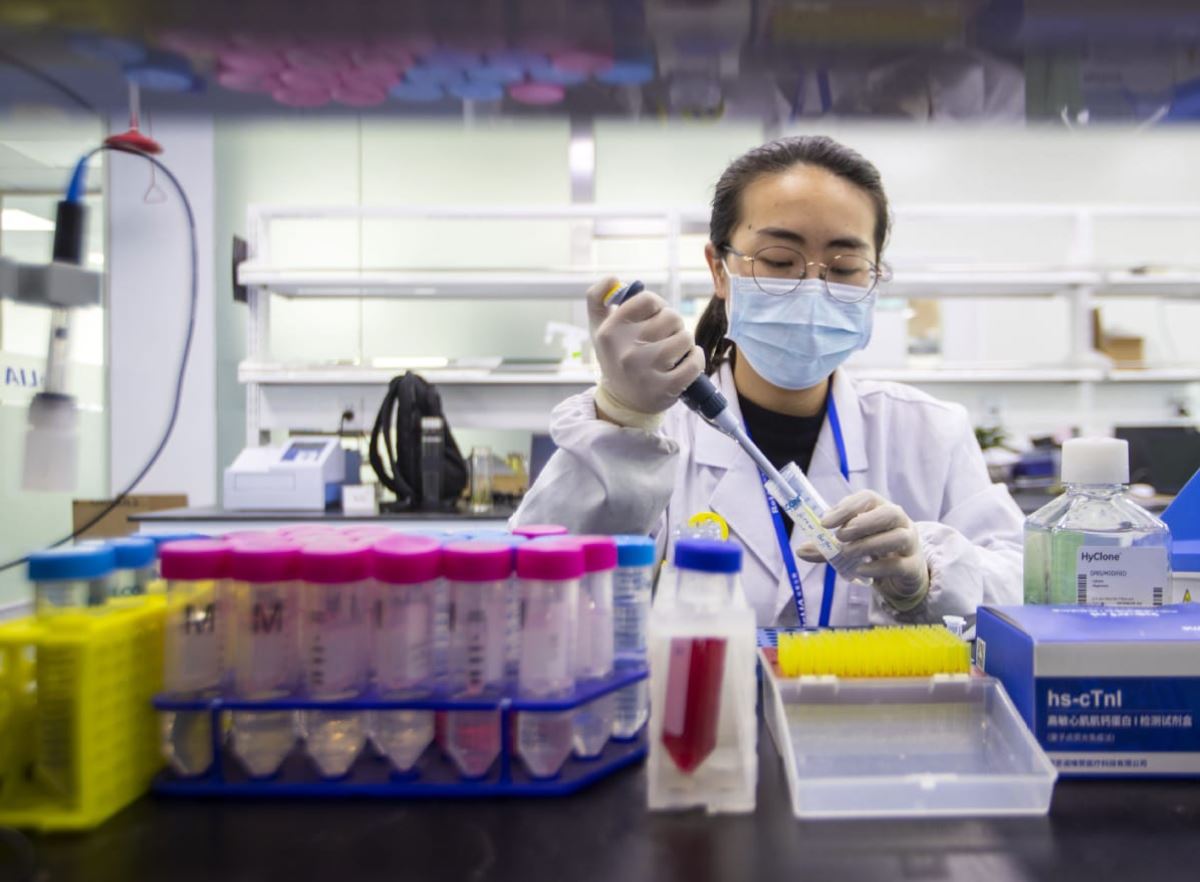 Chinese biotech companies are getting smart with artificial intelligence (AI), cutting the time and costs needed to develop new drugs. In Nanjing, Genscript Biotech is leading the way with its in-house AI tools that help identify promising drug candidates. Their approach, which uses a sophisticated enzyme prediction database alongside custom DNA sequence algorithms, has caught the eye of industry analysts at Jefferies.
Chinese biotech companies are getting smart with artificial intelligence (AI), cutting the time and costs needed to develop new drugs. In Nanjing, Genscript Biotech is leading the way with its in-house AI tools that help identify promising drug candidates. Their approach, which uses a sophisticated enzyme prediction database alongside custom DNA sequence algorithms, has caught the eye of industry analysts at Jefferies.
Meanwhile, Shenzhen’s XTalPi has joined forces with US firm DoveTree to bring its drug candidates to a global market. Their collaboration targets a range of conditions—from cancer to autoimmune disorders—and highlights China’s growing expertise in using AI to drive biotech innovations.
Across the globe, Insilico Medicine from Boston is making headlines with its work featured in Nature Medicine. Their candidate, rentosertib, has shown promising early results in treating idiopathic pulmonary fibrosis, a tough lung condition.
Market forecasts look equally encouraging. A report by Coherent Solutions predicts that the AI-assisted drug discovery market could leap from $1.5 billion in 2023 to a staggering $13 billion by 2032. In parallel, spending on AI-based clinical tools is projected to exceed $7 billion by 2030, as noted by Nebius, a Dutch AI infrastructure provider.
If you’ve ever wrestled with the slow pace and high costs of traditional drug development, these advances offer a reassuring glimpse into a more efficient future. The fusion of biotech and AI is not just streamlining research—it’s reshaping how we tackle complex health challenges.








